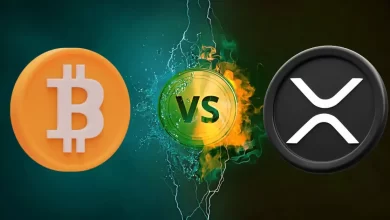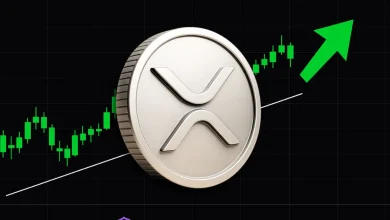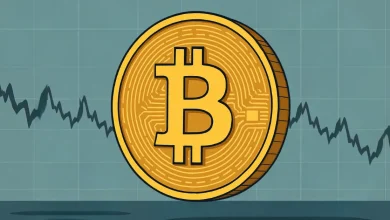A recent tweet by the notable X account, Whale Chart, unveiled the top ten holders of BTC. At the forefront stands the enigmatic founder of Bitcoin, Satoshi Nakamoto, with an astounding 1.1 million Bitcoins, valued at over $29 billion today. But who are the mysterious faces behind these crypto fortunes? Let’s delve into the notable list and find out whose absence in the list irked Deaton.
Here’s the list of Top 10 Bitcoin Hodlers
Following suit are influential asset managers Grayscale, Binance, and Bitfinex, collectively clutching 1,334,227 Bitcoin. Notably, the US government holds 175,000 BTC. Other major players like Microstrategy, Block One, OKX, and Robinhood also possess substantial Bitcoin holdings.
The industry is shocked to see the mysterious figures like the Winklevoss twins in the Tenth Position, Cameron and Tyler, founders of the Gemini exchange, who own 70,000 BTC, equivalent to $1.876 billion. Since Gemini is still under SEC radar for its Earn Program it will be interesting to see how the market reacts to their bitcoin holdings.
The Curious Case of Max Keiser
Prominent pro-XRP attorney John Deaton expressed surprise at the absence of Max Keiser, a well-known Bitcoin advocate, from the list of the top Bitcoin holders. Deaton wondered why Keiser, despite his early involvement with Bitcoin, didn’t make the cut. He acknowledged Keiser’s substantial impact on the crypto community and highlighted Keiser’s significant generosity with Bitcoin, especially during its nascent stage when its value was considerably lower.
Looking at Keiser’s historical contributions, including giving away BTC when it traded at just $1, were underscored. Deaton speculated that Keiser’s absence from the top ten might be due to his philanthropic activities with Bitcoin. Earlier this year, Keiser had offered to gift 10,000 BTC to Alex Jones but expressed reservations as he believed Jones might not hold onto them.
Understanding Bitcoin Ownership
Knowing who holds the most Bitcoin is crucial for several reasons. It provides insights into wealth distribution within the crypto market, a critical aspect of regulatory decisions and market predictions. While Bitcoin was designed to be decentralized, a concentration of ownership among a few entities challenges this principle. Understanding ownership distribution helps assess if the crypto market operates equitably and justly.







